The message was emphasized by experts and managers at the forum "Energy technology in the new era" on the morning of July 29 in Hanoi .
Energy problems in the new era
Mr. Dao Quang Binh - General Secretary of the Vietnam Economic Magazine commented that Vietnam is entering an era of growth, with science and technology as the core. Accompanying this journey is a not-so-simple problem: the energy problem. How to ensure enough energy for the growing demand while still ensuring cleanliness and stability?
The traditional energy development model based on fossil fuels is no longer suitable. Vietnam needs a real revolution in this field.
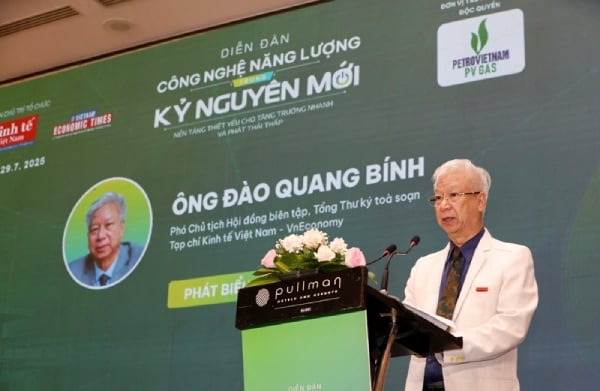
Referring to the challenges, Dr. Ta Dinh Thi - Deputy Chairman of the National Assembly's Committee on Science , Technology and Environment said that Vietnam is facing profound changes from the 4.0 Industrial Revolution and global challenges such as climate change and resource depletion.
Data from the Ministry of Industry and Trade shows that electricity demand is expected to increase by 8-10% per year in the next decade, while primary energy sources such as hydropower and coal are gradually depleting, forcing Vietnam to rely on imports since 2015. Moreover, Vietnam is one of the countries most severely affected by climate change, with economic losses estimated at up to 3.2% of GDP annually.
"In this situation, switching to renewable energy and modern technology is no longer an option, but an inevitable path," Dr. Ta Dinh Thi affirmed.
To realize the goal of net zero emissions by 2050 as committed at COP26, Vietnam has taken important steps. In terms of institutions, the Politburo issued Resolution No. 55-NQ/TW on the orientation of the National Energy Development Strategy. The National Assembly passed a series of important laws such as the Electricity Law, the Atomic Energy Law, the Law on Economical and Efficient Use of Energy, etc.
Regarding planning, the Prime Minister approved the Power Plan VIII with an ambitious target: the proportion of renewable energy (excluding hydropower) will reach 28-36% by 2030 and 74-75% by 2050.
The core role of science and technology
Despite the remarkable achievements, Dr. Phan Xuan Dung - Chairman of the Vietnam Union of Science and Technology Associations, also frankly pointed out the difficulties that the energy industry is facing.
According to him, Vietnam has become a "bright spot" in the region in developing renewable energy. However, there are still many major challenges. Among them, primary supply is exhausted and there is a great dependence on imported energy. The "hot" development of renewable energy has put great pressure on the transmission system, leading to local overload. Mechanisms and policies to encourage investment in clean energy still need to be further improved to create a transparent and attractive environment.
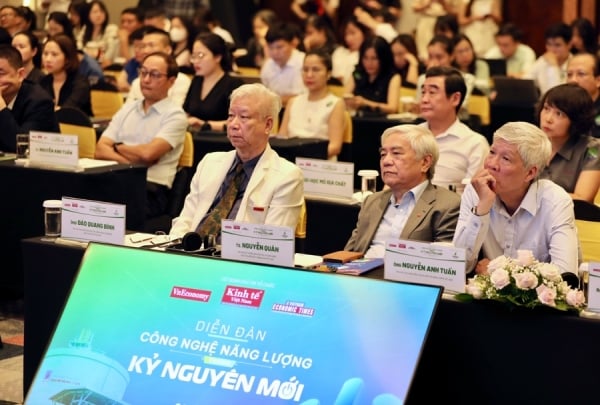
In addition, the level of domestic science and technology, especially the ability to localize equipment, is still limited, making Vietnam heavily dependent on foreign technology and experts.
"In that context, the role of science and technology becomes more urgent than ever. This is the key to synchronously solving challenges. Without our own science and technology, we cannot achieve the nation's aspirations," Dr. Phan Xuan Dung emphasized.
Also emphasizing the role of technology, the General Secretary of the Vietnam Economic Magazine said that the solution to the energy conversion problem lies in technology.
"Technology is the 'golden key' that opens the door to a green and sustainable energy future, helping us overcome challenges and turn difficulties into opportunities," Mr. Binh affirmed.
To address the challenges and realize the set goals, Dr. Ta Dinh Thi proposed 5 key issues that need to be discussed and acted upon.
First, developing renewable energy. Focusing on onshore, nearshore, and offshore wind power; solar power, especially rooftop solar power; and biomass power.
Second, future energy technology. Research on the application of green hydrogen, green ammonia, energy storage technology and carbon capture technology.
Third, modernize the power grid, apply AI and digital transformation.
Fourth, perfecting institutions and removing "bottlenecks" in electricity price mechanisms, investment incentives and green finance.
5. Develop the energy industry ecosystem. Enhance the capacity of domestic enterprises and train high-quality human resources.
Delegates at the forum also shared the view that energy transition is a long and challenging journey but an irreversible trend. To be successful, it requires the joint efforts and consensus of the entire political system, the strong participation of the business community and especially the intellectual and creative contributions of Vietnamese intellectuals and scientists.
Source: https://doanhnghiepvn.vn/cong-nghe/cong-nghe-la-loi-giai-dot-pha-cho-bai-toan-nang-luong-xanh/20250729115020255




![[Photo] The road connecting Dong Nai with Ho Chi Minh City is still unfinished after 5 years of construction.](https://vphoto.vietnam.vn/thumb/1200x675/vietnam/resource/IMAGE/2025/11/04/1762241675985_ndo_br_dji-20251104104418-0635-d-resize-1295-jpg.webp)
![[Photo] Panorama of the Patriotic Emulation Congress of Nhan Dan Newspaper for the period 2025-2030](https://vphoto.vietnam.vn/thumb/1200x675/vietnam/resource/IMAGE/2025/11/04/1762252775462_ndo_br_dhthiduayeuncbaond-6125-jpg.webp)
![[Photo] Ca Mau "struggling" to cope with the highest tide of the year, forecast to exceed alert level 3](https://vphoto.vietnam.vn/thumb/1200x675/vietnam/resource/IMAGE/2025/11/04/1762235371445_ndo_br_trieu-cuong-2-6486-jpg.webp)
![[Photo] Ho Chi Minh City Youth Take Action for a Cleaner Environment](https://vphoto.vietnam.vn/thumb/1200x675/vietnam/resource/IMAGE/2025/11/04/1762233574890_550816358-1108586934787014-6430522970717297480-n-1-jpg.webp)


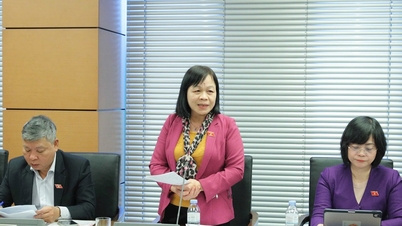

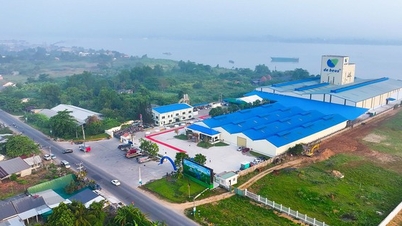

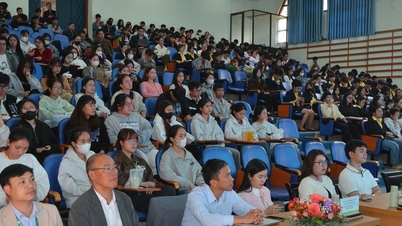



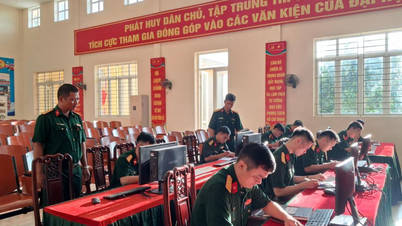


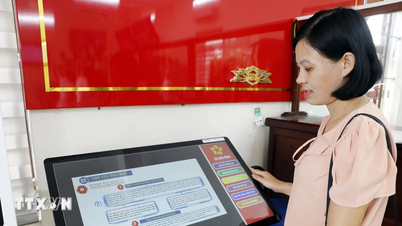



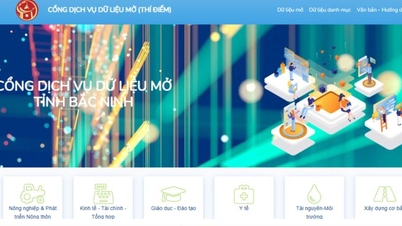







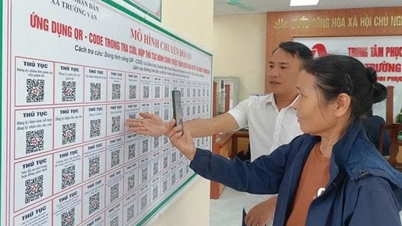




































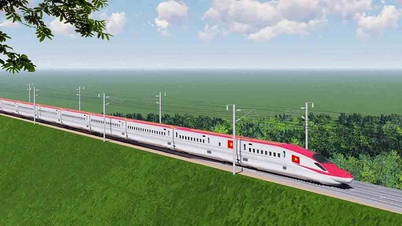
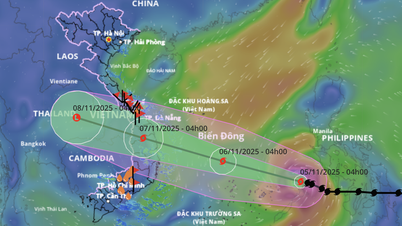

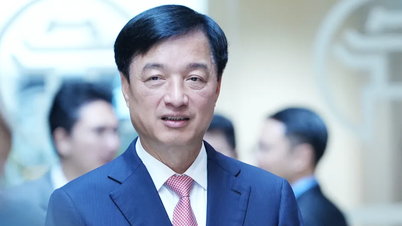


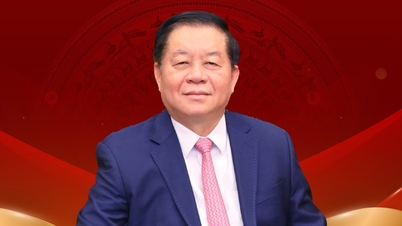

































Comment (0)